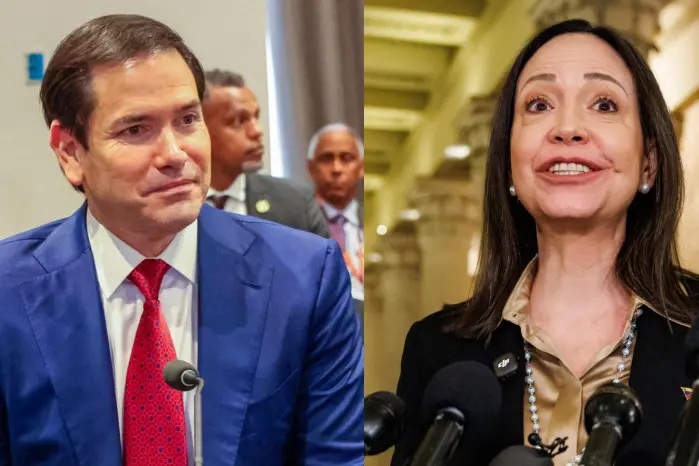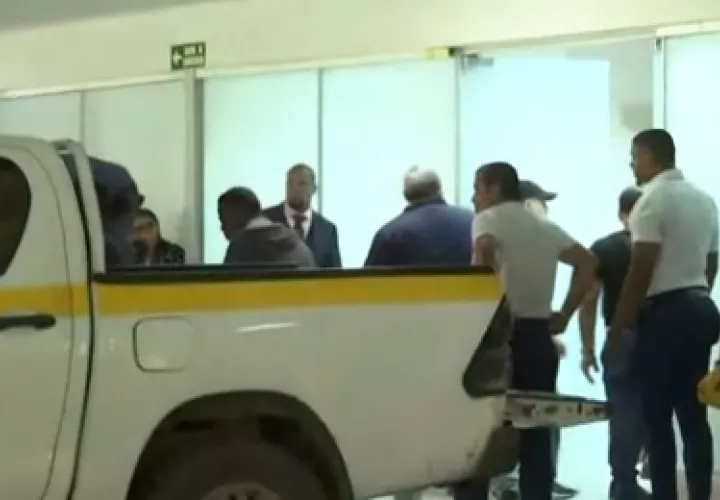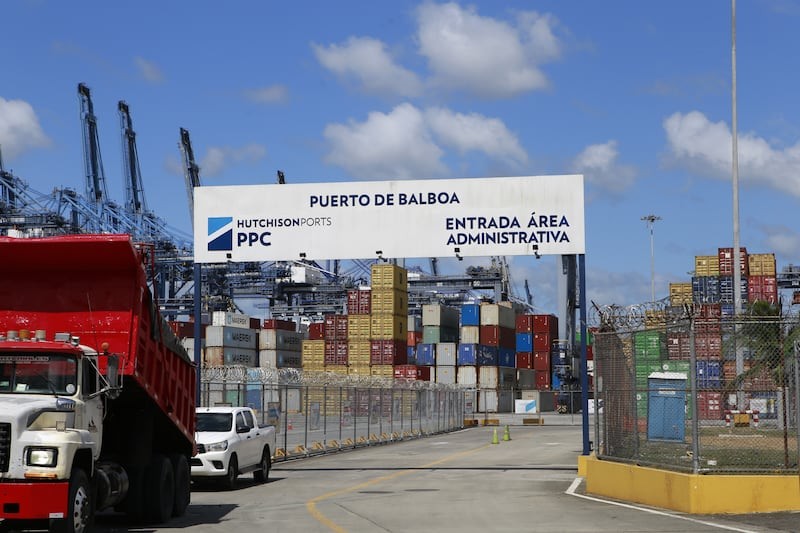Panama a haven for wanted political refugees

They may be sitting at an adjacent table when you visit your favorite restaurant, or shopping as you walk past a high end store in Multi Plaza, or fellow guests at a neighborhood gathering.
They have one thing in common they are "wanted" for various crimes, but have been given asylum by Panamanian presidents.

They are enjoying full lives in Panama but wanted in the countries they left for crimes ranging from illicit enrichment and embezzlement to human rights abuses.
Among them are former presidents, military leaders Minister and the most recent arrival, the director of former director of the Department of Administrative Security (DAS), of Colombia, a nice name for secret police. Maria del Pilar Hurtado.
Panama has become the protective umbrella of people seeking asylum on the grounds of being "politically persecuted" sats La Prensa, pointing out that none of them is living in poverty.
“Some of them have up to 18 years living in our country in luxury condominiums and leading a normal life, with nothing to fear.
La Prensa shows that since the American invasion of Panama no president has been immune from given asylum to those with questionable records , and outstanding international arrest warrants.
In 1993, under the leadership of Guillermo Endara territorial asylum was granted to former president Jorge Serrano Elias of Guatemala, who has lived in Panama with his wife, five children and grandchildren born in the country.
The Endara government also granted asylum to Guatemala’s former Minister of the Interior of, Francisco Perdomo, a Serrano collaborator.
Requests for extradition and enforcement of international arrest warrants, but all have been denied by the Panamanian government. Both are accused of illicit enrichment and corruption.
Barely a month into the administration of Ernesto Pérez Balladares, Panama granted asylum Haitians: retired Haitian General Raoul Cedras and his assistant, Michelime Valberty. and the former head of the Secret Police of Haiti Phillip Biamby, with their families.
Cedras overthrew elected President Jean-Bertrand Aristide in 1991, but was ousted by the U.S. invasion and fled with his companions to the welcoming shores of Panama.
During the government of President Mireya Moscoso, Haitia requested the extradition of Cedras and Biamby, accused of violating human rights of many citizens their country during the Cedras dictatorship.
In 1997, the Perez Balladares government welcomed the former president of Ecuador, Abdala Bucaram, his wife and five children. Bucaram is wanted in Ecuador for embezzlement and faces two outstanding trials against him.
President Ricardo Martinelli has continued the open door policy for “political refugees” by granting territorial asylum to the former director of Colimbia’s DAS Maria Pilar Hurtado, accused by her home country’s justice system justice of conspiracy, abuse of authority (civil service), illegal communications and falsehood.
There is an international arrest warrant against her, but Martinelli has not introduced Change in the asylum policy. "Pilar Hurtado stays in Panama," he says.
Panama had its reverse asylum seeker ex gerente of the National Bank of Panama Rafael Arosemena, who after the invasion was granted asylum in Mexico along with millions of dollars. Panama sought to extradite hims for many years, until he finally returned to face the music. Because of hill health, he is living comfortably under house arrest.
Miguel Antonio Bernal argues that the law to grant asylum is "well designed" but governments towards have to modify their attitudes. "Territorial asylum is not intended to protect criminals," he said.





